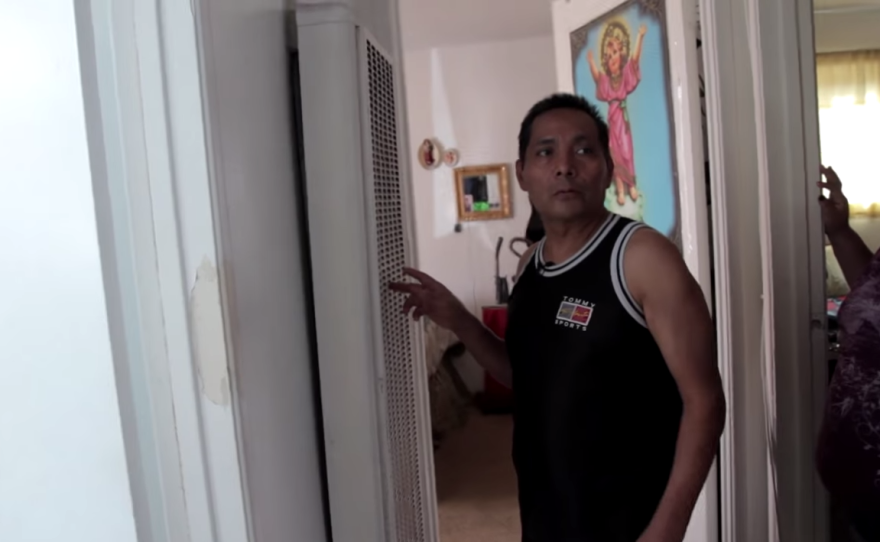The City Council's Audit Committee voted today to keep close tabs on the city of San Diego's Code Enforcement Division, which was found to be late in sending officers to handle complaints dealing with health and safety problems.
A performance audit released last week showed that it takes the division nearly 12 days on average to respond to Priority 1 and 2 calls, even though the goals are two and five business days, respectively. The standard is met in 29 percent of the Priority 1 cases and 59 percent of the time for Priority 2, the auditors found.
Priority 1 calls include imminent health and safety hazards — such as uninhabitable living conditions — unstable structures and signs, or leaking sewage. Priority 2 complaints involve issues such as abandoned properties, disabled access problems and building, electrical, plumbing and mechanical violations.
The report stated that the slow responses are due not to a lack of resources, but "a lack of appropriate prioritization."
Karley Schreiner, a public member of the committee, said the slow response to Priority 1 calls was "a pretty alarming public safety issue" that could expose the city to liability. She said division management needs to implement changes immediately.
"We're talking about somebody's child who could drown in a pool or somebody's loved one who could get electrocuted," Schreiner said.
Code enforcement managers said they agreed with a series of recommendations to fix the problems and were putting some into effect, especially those that help them sort out the highest priority complaints.
The Audit Committee members voted to accept the report and forward it to the full City Council.
They also requested that auditors present a follow-up study next month on how the division's procedural changes on high-priority calls are working, and that division managers return with their own more extensive update in three months.





